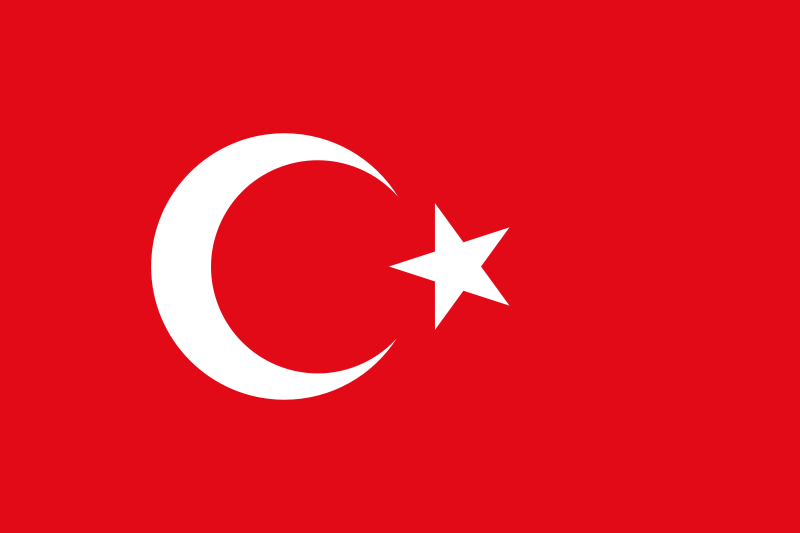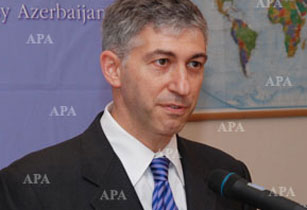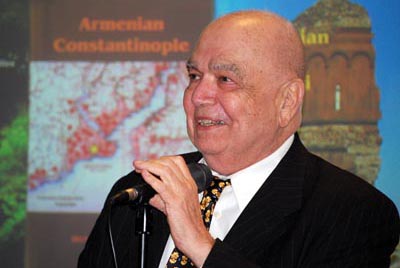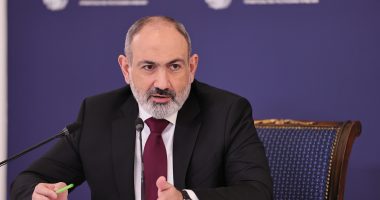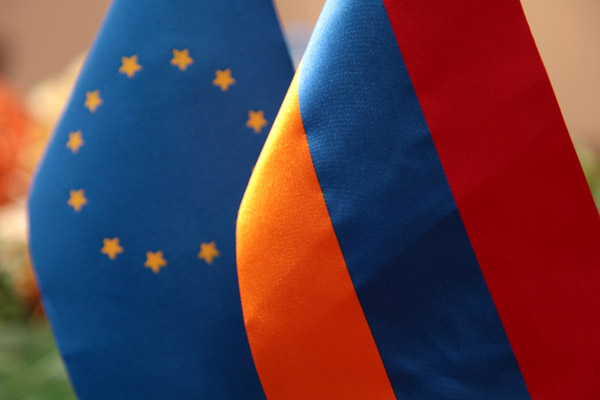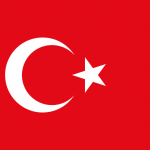

A recent public opinion poll conducted by the Ankara-based International Strategic Research Organization has revealed that the Turks have listed the United States, Israel, France, Armenia, Greece and Russia as among countries which they think are posing great security threat to their country.
The surveyed Turks see no threat from Bulgaria and Georgia, two of their seven neighboring countries.
The fact that Armenia is not listed among external threats on Turkey’s national security agenda does not at all mean that Turkey has radically changed its attitude to Armenia, expert in Turkic studies Vahram Ter-Matevosyan told NEWS.am.
“It should be noted that the political document on national security is considered a document containing state secrets, and alluding to this in a press release suggests a reconsideration of Turkey’s policy,” the expert said. Nonetheless, it does not mean any radical change in Turkey’s policy toward Armenia.
Turkey is making use of this factor to justify the foreign policy Ahmet Davutoglu, the architect of Turkey’s foreign policy, has been pursuing over the recent years. “The foreign policy of Recep Erdogan an Ahmet Davutoglu enjoys great popularity both in and outside Turkey. Therefore, if Armenia, or any other country neighboring on Turkey had been listed among such countries, it might have overshadowed Davutoglu’s achievements in the pre-election year,” the expert said. “It should also be noted that in contrast to the previous documents, the military was the least involved in drafting the new one. On the other hand, the Government and other civilian institutions seriously contributed to it. The wordings have to do with political planning and domestic security,” Ter-Matevosyan said.
He also pointed out that this political document will be in effect until 2015. So abstaining from biased and strong wordings on neighbors during the next years will allow Turkey to launch new initiatives. “Moreover, we cannot rule out the possibility of Turkey using levers for the countries not listed among the threats to make reciprocal steps to withdraw non-constructive wordings on Turkey from their own political documents. For example, in 2007 Turkey expressed such a wish for Armenia to ‘soften’ the wordings on Turkey in its military doctrine.” Ter-Matevosyan said.
High-Ranking Clergy in the Defendant’s Seat
By KRIKOR KHODANIAN The political developments unfolding in Armenia have taken a…
- MassisPost
- July 7, 2025
- No comments
- 3 minute read
Open Letter on the Proposal to Rename the Armenia-Turkey Border Crossing After Talat Pasha
We express our deep concern and disappointment regarding the recent proposal introduced…
- MassisPost
- July 3, 2025
- One comment
- 2 minute read
Pashinyan’s Visit to Turkey and Beyond
By KRIKOR KHODANIAN At the invitation of Turkish President Recep Tayyip Erdoğan,…
- MassisPost
- June 29, 2025
- No comments
- 3 minute read
“I Still Can’t Believe What Happened on June 20”
By LUSYEN KOPA Exactly three months ago, I wrote an article titled…
- MassisPost
- June 26, 2025
- No comments
- 4 minute read

